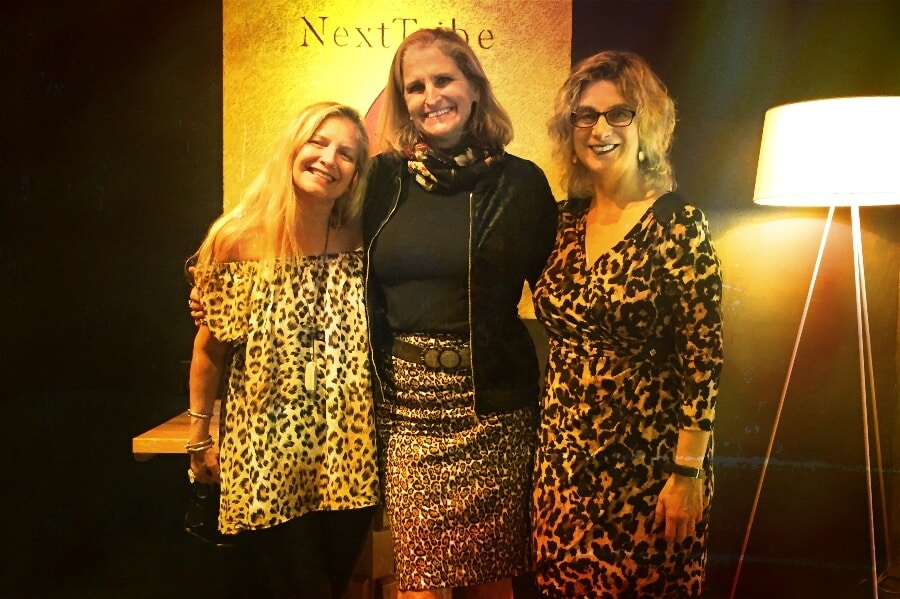When I was in high school, I used to beg my mom to let me buy Seventeen magazine so I could scour the pages for advice on how to be gorgeous and popular. I was sure that’s where my popular friends learned to be as cool as they were, so I carefully read about hairstyles, suntans, accessories, and first-date conversation starters, hoping I could be like them. These were the standards that most teenage girls followed in the 1960s, whether our lives or our bodies matched them. There were no articles suggesting we simply accept ourselves as we were, or I actually might have been happy just to be smart and funny.
No one says how much “a lot” of money really is, but I know that it’s more than I have.
Truthfully, this is not unlike how I feel now, more than 50 years later, when my social media pages are filled with posts reminding me of how great my life would be if I had a lot of money in savings. Of course, no one says how much “a lot” really is, but I know that it’s more than I have. And asking people how much money they have is like inquiring about their sex lives—much too personal.
So, I frequently find myself saddled with a mix of shame and awkwardness like I did back in 10th grade. In those days, I couldn’t have imagined asking one of my friends how she managed to make her short skirts look so great on her, or where she learned to do her eyeliner just right. I was hopeless at both, but inquiring about it would have been mortifying. That’s how I feel about money.
Read More: “I Can’t Afford This Friendship!” Falling Behind Richer Pals
Retirement Savings: When Is Enough Enough?
For as huge a role as money plays in our lives—particularly in our retirement since our earning years have ended—it’s amazing how unskilled and unprepared many of us are. Because I worked in higher education, I have a healthy monthly pension, but I don’t have much in savings.
I did at one time, but my partner and I used it to pay some debts and to help her college-age kids as they struggled towards adulthood. Even without savings—by my account—I earn enough money in retirement to travel and still manage a catastrophe, but I can’t guarantee it. I know I could talk to a financial planner, but at this point, I have the money I have. It’s the shame about not having a “maxed out 401K” that I’d love to lose.
I had to look at the emotions involved in my relationship with money.
As part of my research, I did meet with a different kind of financial expert, one who specializes in helping people get out of debt, manage their expenses, and handle some tough life situations, like divorce and death. Christine Luken (www.christineluken.com) is the founder of what she calls “The Financial Dignity Movement,” and she focuses on helping people look at the emotions involved in their relationship with money. On her podcast, Money is Emotional, she covers topics like, “High Income, Hot Mess” and “Unearthing Your Money Story.” Luken also does one-on-one sessions with clients and offers online courses, some of which are free. One of our big tasks, she says, is to understand our “inherited stories” about money.
What’s Your Inherited Story About Money?
I know mine by heart, so that is useful advice. Neither of my parents was very good with money and, as the “good kid” of their three children, they didn’t see me as needing much help to prepare me for adulthood anyway. I just witnessed a lot of buying things on law-away, and my parents frequently getting loans to help with their bills. I lived just like that earlier in my life, but I’ve learned from my own experience. The bottom line is that I have the amount of money I have and it doesn’t make me any less good than people I know who have more.
Neither of my parents was very good with money, and I lived like that earlier in my life.
For me, I think, that’s the key to most of the adult issues we face. We spend our lives wanting to be some idealized version of ourselves, and we devote little time or energy to appreciating who we are. When we’re younger, we employ enough magical thinking to convince ourselves that if we follow all the rules, we’ll become as great as all of those people we think are better than we are.
Since I retired nearly 10 years ago, I’ve gone back to work many times to fill interim managerial positions. It’s a good way to earn some money over the course of the semester and some part of me always thinks that having this chunk of cash will quiet my negative self-talk about not having more in savings. Recently, though, I turned down a job for this fall, knowing it meant I was one step closer to just letting myself have the money and the life that I have, both of which are just fine. That realization is not going to buy me a trip to Paris, but I know it will eventually help me sleep better at night. My task now is to remind myself that I am still smart and funny, and that it’s finally time to see that as an asset and not a consolation prize.
Read More: Bankrupt in Retirement: Why More Boomers Can’t Pay Their Bills





















0 Comments